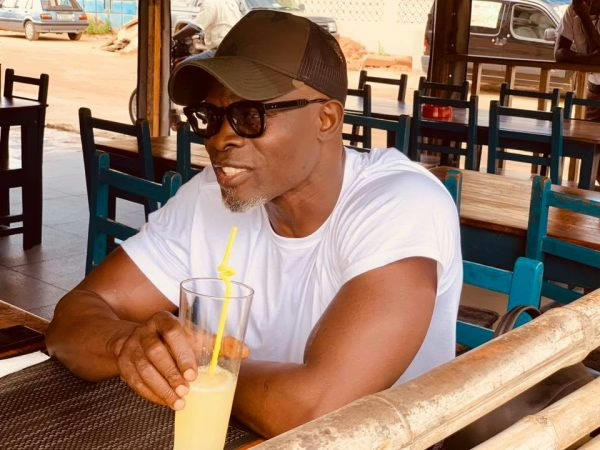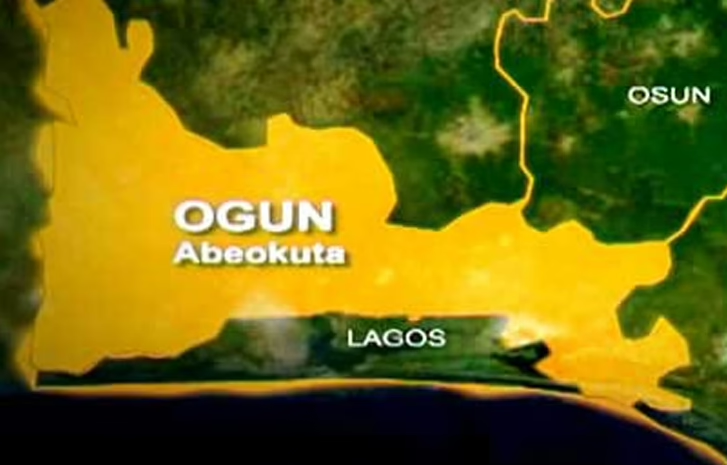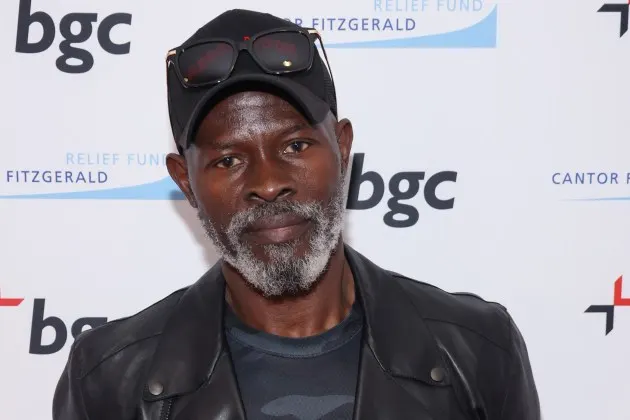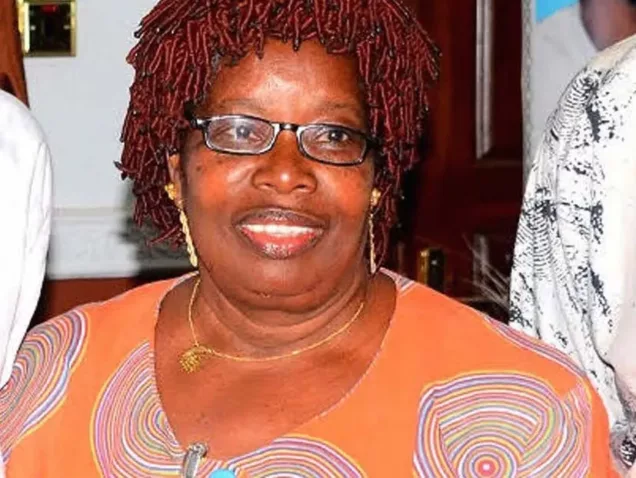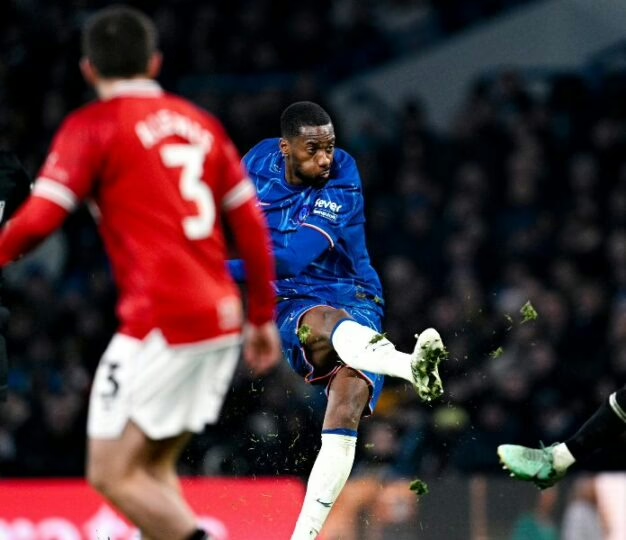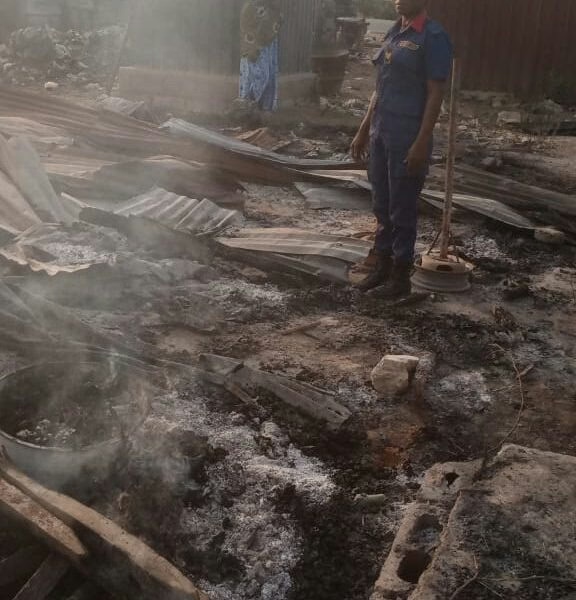in the words of Mao Tse Tsung, is “War without bloodshed.” Although political science scholars may have faulted the iconic Chinese leader’s postulation owing to the violent attributes embedded in his definition, preferring Harold Laswell’s description of the concept as “the authoritative allocation of values in the society,” it thus seems Tse Tung’s definition found justification in Nigeria’s electioneering, where politicians treat elections like war.
Nigeria’s political history is riddled with tales of horror, many of which are too numerous to mention. From the National Party of Nigeria’s description of late Chief Obafemi Awolowo and Ambrose Alli as crooks, to the needless killing of June 12, 1993 protesters of the annulled presidential election; and the 2011 post-election violence that led to the death of about 800 persons, electioneering in Nigeria has mostly been far from a decent political climate where issues dominate the discourse.
In the 1983 general election, the song, ‘So so wayo, so so wayo, Alli, Awo, so so wayo’ (loosely translated as ‘it’s all deceit’) was an anthem on the lips of women and youths, who could not resist the sweetness of NPN’s lyrics to drum support for Shehu Shagari and Samuel Ogbemudia in the old Bendel State.
In 2020, Chief Dan Orbih, incumbent National Vice Chairman, South-South, of the Peoples Democratic Party, released a ‘single’ to attack the then National Chairman of the All Progressives Congress, Adams Oshiomhole, as the two battled each other to produce the governor of Edo State.
Oshiomhole, had seen to Governor Godwin Obaseki being denied a chance to participate in the APC governorship primary and the latter wasted no time in defecting to the PDP in search of a return ticket. Addressing a rally to drum up support for the governor, Orbih went personal and broke into a song, ‘Oshio-Labour bobo, Oshio-Labour bobo, Oshio carry money marry oyinbo, Oyinbo run away, Oshio dey cry.’
Before advancing reasons for the people to vote for their newly accepted candidate and incumbent governor, Orbih chose to mock Oshiomhole, alleging his foreigner wife dumped him after spending huge sums of money to bring her home as his wife. From findings, the claim that she abandoned her husband was false. But to Orbih, the need to abuse Oshiomhole was the priority over the truth.
Given the role unguarded statements had on the polity in the past including the loss of lives and destruction of property, it was not surprising that drafters of the Electoral Act, 2022 thought it necessary to propose some form of penalties against the usage of foul language during political campaigns.
For emphasis, Section 92 (1) of the Electoral Act 2022, provides that “A political campaign or slogan shall not be tainted with abusive language directly or indirectly likely to injure religious, ethnic, tribal or sectional feelings.
“(2) Abusive, intemperate, slanderous, or base language or insinuations or innuendoes designed or likely to provoke violent reaction or emotions shall not be employed or used in political campaigns.”
The subsection 7 says, “A political party, aspirant or candidate who contravenes any of the provisions of this section commits an offence and is liable on conviction – (a) in the case of an aspirant or candidate, to a maximum fine of N1,000,000 or imprisonment for a term of 12 months; and
(b) in the case of a political party, to a fine of N2,000,000 in the first instance, and N1,000,000 for any subsequent offence.”
But despite these provisions, Nigerians have witnessed one of the worst forms of campaigns in their nation’s political history as candidates in this year’s general election, rather than dwell on issues, often resort to personal attacks and unsubstantiated allegations on their opponents.
For example, the presidential candidate of the All Progressives Congress, Bola Tinubu, had in the course of his campaign in Akure, the Ondo State capital, took a swipe at his PDP and LP counterparts, Atiku Abubakar and Peter Obi, labelling them Mr Sell Everything and Mr Stingy respectively.
“He (Atiku) doesn’t want to do the brave and hard work required to build a better nation. Instead, he would rather sell your birthright to the highest bidder and run off with the proceeds. My people, you cannot entrust your future or that of our nation to Mr Sell Everything, Atiku, or Mr Stingy, Obi. But you can trust Mr Progressive Good Governance Tinubu!” he told the mammoth crowd of supporters in Akure.
A few weeks later, the former Lagos State governor was at it again when he attacked the Akwa Ibom State governor and chairman of the PDP Presidential Campaign Council, Udom Emmanuel, for bringing Atiku to Uyo for campaign.
He told a crowd of supporters at the Nest of Champions Stadium, Uyo, the state capital, “Akwa Ibom,” Tinubu called out, “you will not suffer again. That boy (Udom) that brought Atiku here, that calls himself governor, tell him enough is enough. He lived in my backyard in Lagos. If not that we are one, I would have driven him home.”
Then, he made a scary allusion, “You see that mansion he is living (in), I would just use lizards, pigeons and scorpions to put him inside.”
Also, when he visited Peter Obi’s home state of Anambra on January 31, Tinubu said Obi could not be trusted because the Peter in the Bible betrayed Jesus three times.
He said, “The man who left here, he calls himself Peter Obi. We read in the Bible that before the cock crows three times, he will deny Jesus Christ. He denied. So, how can he keep a promise to you, if he cannot keep promise to God?”
Meanwhile, taking to his verified twitter handle, Femi Fani-Kayode, one of the spokesperson for the Tinubu Campaign Council tweeted what turned out to be outright falsehood, when he said Atiku took ill and was flown out of the country shortly after addressing a rally in Kaduna.
Fani-Kayode, a former Minister of Aviation, tweeted, “After his outing in Kaduna, Atiku fell ill. He complained of dizzy spells and severe pains in his head and all over his body throughout the flight to Abuja. After landing at Abuja Airport, he collapsed. He was flown to Paris for medical attention immediately. God be with him!
“For the purposes of damage control, they took pictures of him with others the following morning from Paris but please do not be fooled. There is something very wrong with the PDP presidential candidate in terms of his health & they don’t want the Nigerian public to know. Pray for him.”
Atiku was later discovered to have left Dubai for London for a meeting with representatives of the British Government, with still and motion pictures taken on real time, released by his media team.
Although Atiku has been less involved in personal attacks on his opponents, the same cannot be said of some of his aides who in press statements and campaign outings mocked the health condition of Tinubu, to the chagrin of many Nigerians. During the PDP campaign rally in Asaba, a spokesperson for the PDP Presidential Campaign Organisation, Senator Dino Melaye, broke into a political song:
’. That can be translated loosely as ‘someone whose hands and legs are shaking and is unwell is claiming it’s his turn’. Many Nigerians berated Melaye for the song, the same way they chided him for deliberately falling on stage to mock Tinubu.
Although no name was mentioned, Nigerians knew Melaye was taunting Tinubu, a man some have described as not physically fit to withstand the demands of the office of the president.
On his part, the Director, Strategic Communication, National Election Management Committee of the PDP PCC, Dele Momodu, described Tinubu as a fake Muslim the North would never consider voting for.
“The north will not vote a ‘fake Muslim’ in the name of a pretentious and mischievous Muslim/Muslim ticket. The scam is dead on arrival,” he argued in one of his numerous press statements in the past few months.
Seen largely as a gentleman incapable of hurting a fly, the presidential candidate of the Labour Party, Mr Peter Obi, also caught the bug of the personal attacks politicians haul at one another.
While in Port Harcourt recently for his campaign rally, he, through a veiled reference, reminded Tinubu of his controversial academic qualification and questionable date of birth, saying, “Everybody knows our age, they know where we were born, they know where we live and they know the school we attended. We have classmates. Dr Peter Odili was my Senior Boy in Secondary School. We couldn’t have played football in Christ the King College without Odili. Any day he was not in the match, we lost, so, we know. I have people in Rivers State that went to school with me. Some people, nobody has seen people who went to school with them.”
Findings indicated that the verbal attacks that have characterised the campaigns have mostly come from the popular candidates and their supporters, while the other candidates hardly engage in such.
In all these, there are concerns that the Independent National Electoral Commission has been indifferent, given the frequency of these attacks. Some believe the commission has also shown helplessness in addressing the scourge of foul language and hate speech.
Angered by the spate of verbal attacks by some candidates and party supporters, the National Broadcasting Commission fined Arise News TV and TVC News N2m each for breaching the broadcasting code by allowing politically-inciting language on their platforms.
In separate letters to the broadcast stations, NBC’s Director-General, Balarabe Ilelah, said, “The worrisome trend has become a house style in your channels that enjoy national coverage.”
The NBC also faulted APC presidential campaign spokesperson and Minister of State for Labour and Employment, Festus Keyamo, who said on TVC News, “Obasanjo and Atiku run a criminal enterprise, an empire of fraud in Abuja. At the same time that Bola Tinubu was toiling hard, beautifully and meticulously to rebuild Lagos, two criminals were stealing money in Abuja.”
In an interview with our correspondent, a Senior Advocate of Nigeria, Mike Ozekhome, said INEC, given its mandate to conduct the election, was finding it difficult to bring violators of the Electoral Act to book.
He also said it was an indication that candidates who spend time abusing others have nothing to offer.
He stated, “INEC appears overwhelmed, too occupied with trying to organise and supervise the elections that section 92 of the Electoral Act certainly means nothing to it.
“What do you expect of candidates that have nothing to offer the nation other than sheer banality, inanity and shenanigans?”
He therefore called on the commission to “up its ante and sanction culprits, no matter how highly placed they are. We cannot afford a colourless and planless president that suffers verbal diarrhea or dysentery of the mouth.”
Another lawyer, Abdul Mahmud, noted that the responsibilities before the electoral umpire were such that it finds it difficult to implement the provisions of the Electoral Act as it concerns the use of foul language.
He said, “Lack of issue-based engagement is a general problem in political environments around the world, more so with the growing appeal of primordial politics to governance. Primordial politics isn’t an appeal to sophistication, neither is it an appeal to politics based on ideas. So, politicians prefer crude methods and verbiage that incentivise the support of the electorate. Unfortunately, INEC is saddled with too many responsibilities to police the Section 92 of the Electoral Act 2022.”
Sharing these thoughts, Inibehe Effiong, a human rights lawyer, lamented the antics of politicians who rather than dwell on issues resort to personal attacks to score cheap political points. As a way out of the menace, he called for the establishment of the Electoral Offences Commission to try erring political parties and their candidates.
He stated “What the politicians are doing is unfortunate because they are supposed to speak to the issues that affect the citizens. Quite regrettably, we have seen a pattern of abusive language, which sometimes are inciting rhetoric in an attempt to curry political advantage. Again, part of the problem is the weakness of the enforcement mechanism. INEC that is supposed to checkmate political parties is preoccupied with so many responsibilities.
“That is why some of us are emphasising the need to pass the Electoral Offences Commission Bill to give that commission the powers to checkmate what political parties and actors do during electioneering. Today, it is almost impossible for the police to arrest or invite candidates for questioning on account of what they have said. But such comments are unacceptable and should be condemned and politicians should stick to the issues that matter.”
However, Inibehe said there was nothing wrong with a candidate pointing out the weaknesses of his opponents during electioneering.
He said, “That is not to say the credibility of the candidates should not be tested. Section 92 does not bar a candidate from highlighting the character flaw of another candidate. I have my doubts about the constitutionality of Section 92 because in political communication, you cannot bar someone from pointing out the weakness of an opponent. In doing that, efforts must be made to ensure that it is not one that is capable of inciting religious or ethnic divisions.”
A social activist and hip hop musician, Eedris Abdulkareem, told that the dearth of ideas was responsible for personal attacks politicians launch against themselves during campaigns.
He stated, “When people do not have tangible things to say, especially when they don’t have any workable solutions to proffer, they resort to name-calling and unnecessary mudslinging. Electioneering and campaigns should be issue-based, with a bullseye analysis of the myriad of problems the country is currently going through, with a view to solving them.
“The way forward is for Nigerians to wake up and shine their eyes by scrutinising what each candidate is saying or doing to make informed decisions at the polling booths. It is in our hands to rescue Nigeria from its traducers and build a more prosperous Nigeria for us all.”


